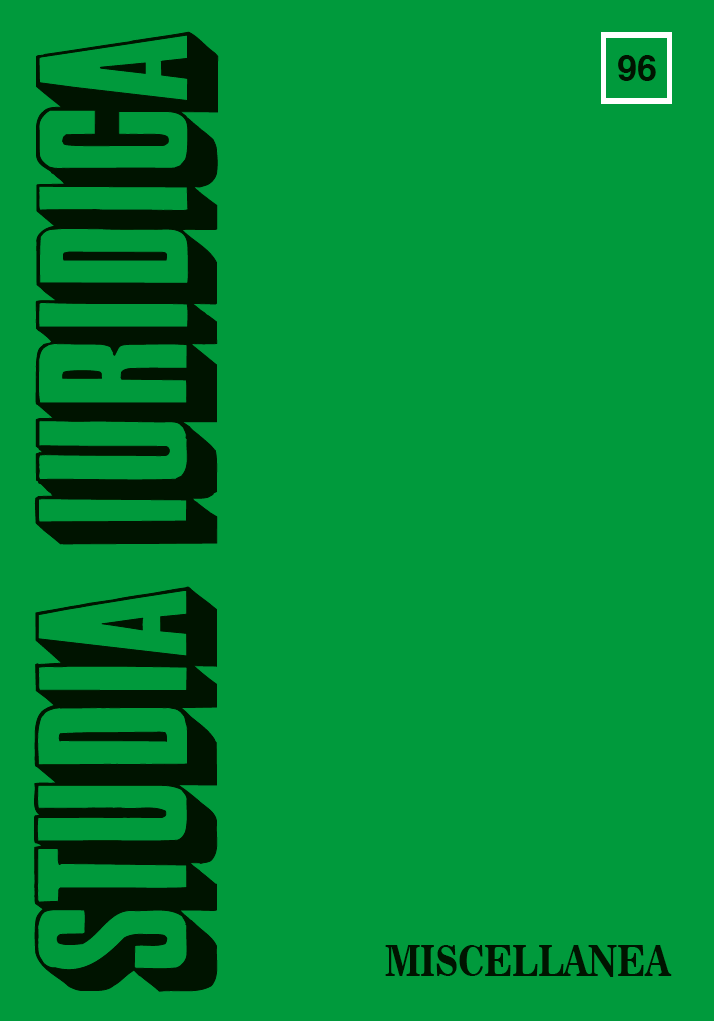NEW INDIGENOUS ELITE AND THE FORMATION OF ETHNONATIONALISM
NEW INDIGENOUS ELITE AND THE FORMATION OF ETHNONATIONALISM
THE CASE OF THE ANDEAN COUNTRIES
Author(s): Aleksander Posern-ZielińskiSubject(s): Ethnic Minorities Studies
Published by: Wydawnictwa Uniwersytetu Warszawskiego
Keywords: indigenous peoples; Latin America; Andean countries; new native elite; indigenous leaders; ethnonationalism; ethnic movements; ethnicity
Summary/Abstract: One of the core elements of the contemporary Latin American indigenous activism is postcolonial ethnonationalism, oriented towards ethnic, cultural, social, and civic emancipation. It has been developed to facilitate the struggle for the native rights, the defence of the ethnic territory, to maintain identity and protect own heritage. The inventors and disseminators of the concept are representatives of the emerging indigenous elite, usually controlling many ethnic organizations. That new social group, referred to sometimes as neo-Indians, is very heterogeneous and composed of the grass-roots leaders, experienced activists, educated professionals, rebellious youth, and intellectuals. There are among them ethnic leaders, politicians, journalists, artists, writers, scientists, teachers, students, lawyers, small entrepreneurs, and many other influential people. All of them have contributed to the formation of emancipative ideas, shaping the syncretic world outlook of the contemporary native peoples, which is an important factor underpinning their modern ethnic identity. The ideology of ethnonationalism, based on the concept of ‘indianismo’ (indigenous interests expressed and safeguarded by the native people themselves) is a creative combination of traits of different origins. Among them, four components are of special significance: (i) transmuted ethnic ideas but rooted in the native culture; (ii) original features invented in the course of the ethnic mobilization; (iii) concepts borrowed from the international and global discourse, and adapted to the local needs; and (iv) ideas taken directly from the contemporary political, social, and judicial thought. Different combinations of these traits are present both in indigenous ethnonationalism and in the ethnic activism associated therewith. They serve as a building material for the native political projects and their symbolism, help to reinterpret the vision of the native past, facilitate the development of intercultural education, inspire the aboriginal concepts of ecology, enable the revival of ancient religion, lead to the restitution of social justice, and strengthen the formation of modern ethnicity. Reflections on the development of that process, where all these different elements have been put together, and on the role of the native elite in the formation of ethnonationalism, are at the centre of this study. It is based on ethnographic fieldwork and anthropological research carried out in four Andean countries (Ecuador, Peru, Bolivia and Chile), where indigenous mobilization has been a significant factor in the social and political life since the second half of the twentieth century.
Journal: Studia Iuridica
- Issue Year: 2023
- Issue No: 96
- Page Range: 253-285
- Page Count: 33
- Language: English

